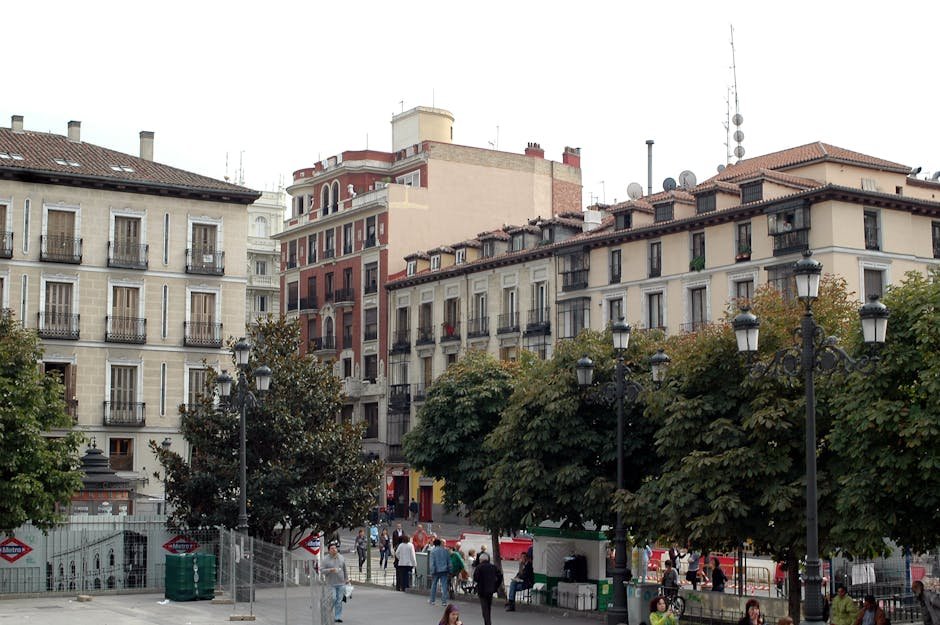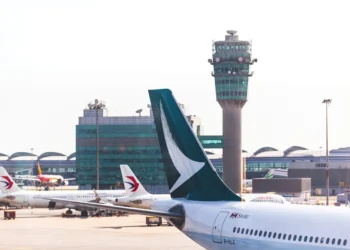The Unintentional Rudeness of British Tourists in Spain: A Cultural Misunderstanding
Traveling to Spain is an exciting adventure for many British tourists. However, many of them may be unaware that their well-meaning attempts at politeness can sometimes come across as rude to the locals. This cultural disconnect stems from the differences in language and expressions, leading to misunderstandings that can create unintentional offense.
Politeness Lost in Translation
In the English language, particularly in British culture, politeness is often expressed through various phrases and expressions that may not translate effectively into Spanish. For instance, phrases that are considered courteous in English can be misconstrued in Spanish, leading to confusion and distance rather than respect. This issue is more prevalent than one might think, affecting thousands of British tourists each day.
Common Phrases That Cause Confusion
Some of the most common phrases that lead to misunderstandings include:
- “Could you please…” – While this phrase is polite in English, it can sound overly formal or demanding in Spanish.
- “I would like…” – This expression may come off as presumptuous, as Spanish speakers often prefer a more direct approach.
- “Thank you for your understanding…” – This can imply that the person is being difficult, leading to a perception of rudeness.
These examples highlight how a simple intention to be polite can fall flat when cultural nuances are not taken into account. As a result, British tourists may inadvertently offend those they interact with, resulting in negative experiences during their travels.
Awareness is Key
Understanding these differences can significantly enhance the travel experience for British tourists in Spain. By being aware of how their language can be perceived, travelers can adjust their communication style to foster better interactions with locals. Here are a few tips to consider:
- Learn Basic Spanish Phrases: Familiarizing oneself with common Spanish phrases can help bridge the communication gap and show respect for the local culture.
- Observe Local Etiquette: Pay attention to how locals interact with each other. Mimicking their level of formality can help avoid misunderstandings.
- Be Direct but Polite: Spanish communication often values directness. Being straightforward while maintaining a friendly tone can convey respect.
Conclusion
Traveling is about creating connections and understanding diverse cultures. By recognizing the potential for miscommunication arising from language differences, British tourists can enhance their experiences in Spain. Ultimately, a little awareness and adjustment in communication styles can go a long way in ensuring a respectful and enjoyable visit.
Next time you find yourself in Spain, remember that the effort you put into understanding the local culture will be appreciated and can lead to more meaningful interactions with the people you meet.









